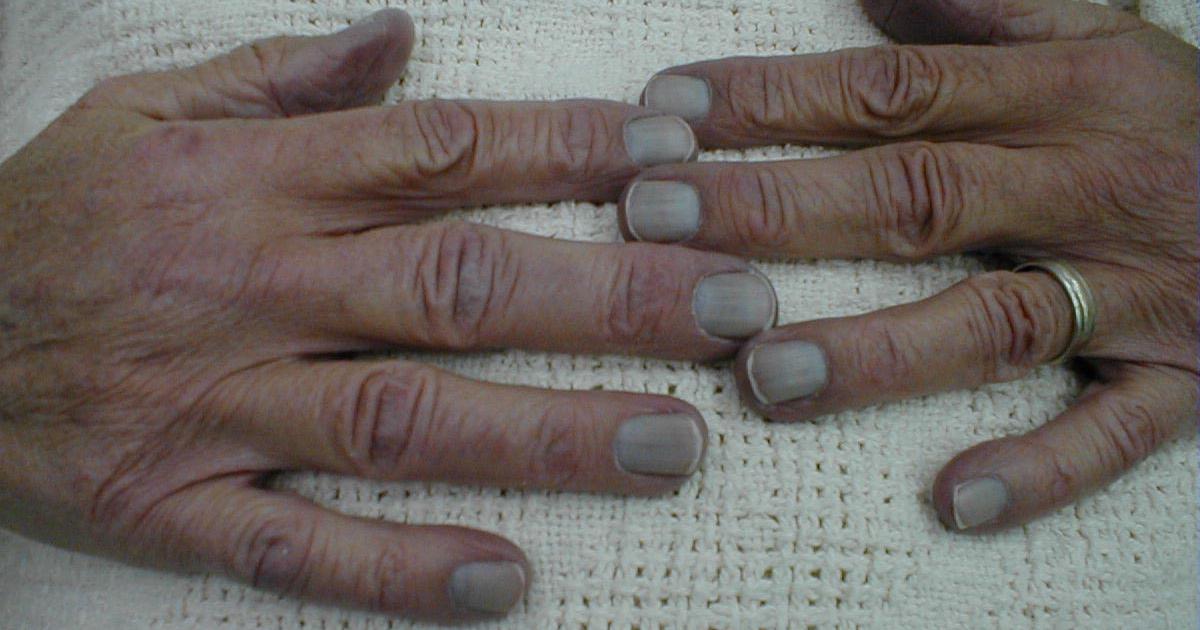Guide To Hepatopulmonary Syndrome Warning Signs
Hypoxemia

When levels of oxygen in the blood are lower then they should be, the condition is called hypoxemia. This happens in individuals who have hepatopulmonary syndrome because they cannot oxygenate all of the extra blood that flows through their lungs. The impairment of this process means not all of the blood the heart pumps out to the tissues of the body is fully oxygenated. In addition, hepatopulmonary syndrome causes the development of blood vessels that connect the small arteries and veins in the lungs to each other. These extra blood vessels will cause any blood that does absorb oxygen to become diluted with oxygen-poor blood. This mixture of oxygen-rich and oxygen-poor blood most often results in an overall drop in blood oxygen levels. This decrease will cause a patient to experience shortness of breath, a fast heart rate, confusion, rapid breathing, changes in skin color, headache, coughing, wheezing, and coma. If this condition becomes severe, tissues around the body, including in the brain and heart, can experience cell death due to oxygen deprivation. This condition is one of the primary concerns in patients who have hepatopulmonary syndrome.